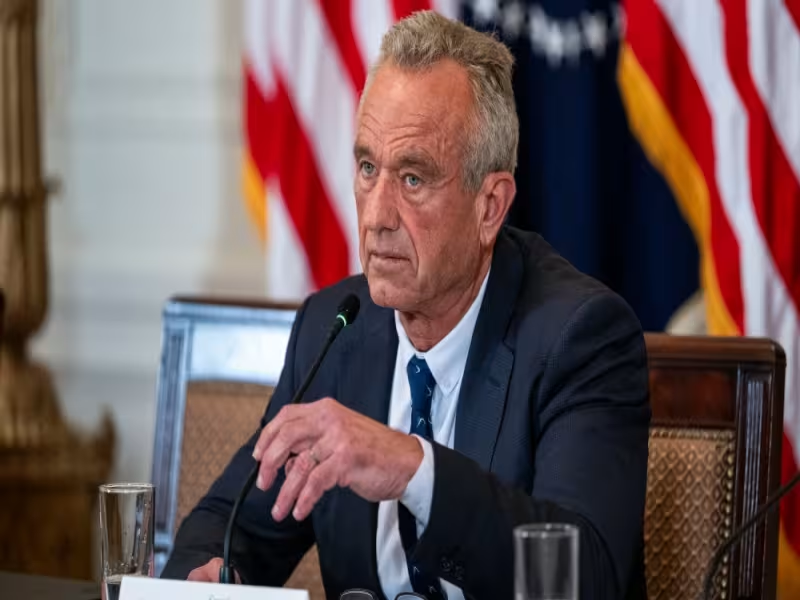
SHERIDAN, WYOMING – August 12, 2025 – The Department of Health and Human Services (HHS) is facing fresh turbulence after the abrupt dismissal of Gray Delany, the lead implementor of the Make America Healthy Again (MAHA) initiative. The move comes just days after Health Secretary Robert F. Kennedy Jr. terminated 22 mRNA vaccine contracts worth a combined $500 million, triggering intense debate across the biomedical and public health sectors.
Leadership Change Amid Policy Upheaval
Delany’s ouster was reported to stem from disagreements over the handling of public announcements within the agency. According to sources cited by Endpoints News, tensions escalated after Delany independently arranged for a top HHS advisor to appear on Steve Bannon’s “War Room” program, sidestepping standard communications protocols. While Delany publicly supported Kennedy’s decision to end mRNA funding, he appeared to take issue with the rollout strategy, which he implied undermined the department’s message discipline.
A Strategic Shift Away from mRNA Technology
Kennedy’s cancellations mark a sharp pivot for HHS, signaling reduced federal commitment to mRNA-based biomedical innovation. The terminated contracts were administered under the Biomedical Advanced Research and Development Authority (BARDA) and targeted mRNA vaccine development for COVID-19, influenza, and other respiratory illnesses. Kennedy justified the decision by stating that “the data show these vaccines fail to protect effectively against upper respiratory infections,” without citing supporting evidence.
This policy shift builds on earlier moves, including the May termination of a $760 million bird flu vaccine contract with Moderna and the June appointment of outspoken mRNA critic Robert Malone to the CDC’s vaccine advisory panel.
Industry and Scientific Backlash
The decision has drawn sharp criticism from medical experts who warn that halting mRNA funding risks stalling one of the most promising platforms in modern medicine. Jerome Adams, former U.S. Surgeon General, cautioned that the cancellations could “undo years of scientific progress” and disrupt ongoing R&D pipelines in pandemic preparedness, oncology, and rare disease therapeutics.
Adding to concerns, STAT News reported that at least one terminated contract did not even involve mRNA technology, raising questions about the thoroughness and accuracy of the review process.
Impact on Hospitals, Providers, and Biotech Developers
For hospitals and healthcare providers, the withdrawal of federal mRNA funding may lead to delays in the availability of next-generation vaccines, as well as a slowdown in translational research partnerships with biotech firms. The biotech industry, particularly early-stage mRNA developers, faces potential financing gaps that could hinder commercialization timelines. Providers planning for seasonal vaccination programs may need to adjust procurement strategies if supply chains and product approvals are disrupted.
Political and Market Ramifications
Kennedy’s policy choices underscore a broader political realignment in U.S. biomedical funding priorities, one that may shift investment toward non-mRNA vaccine platforms and alternative therapeutic modalities. While this could create opportunities for recombinant protein or viral vector vaccine developers, it also injects uncertainty into a sector that has relied heavily on mRNA’s rapid development cycle.
“Gray Delany is the only guy that, to me, had his act together,” Steve Bannon remarked in support of the dismissed official, highlighting political crosscurrents that may further complicate HHS’s policy direction.
Looking Ahead
The long-term implications of these decisions will depend on how quickly alternative vaccine programs can fill the gap left by mRNA project terminations—and whether industry confidence in federal partnerships can be restored. For now, the leadership shake-up adds another layer of instability to a department already navigating high-stakes scientific and political terrain.
Learn more at hhs.gov.